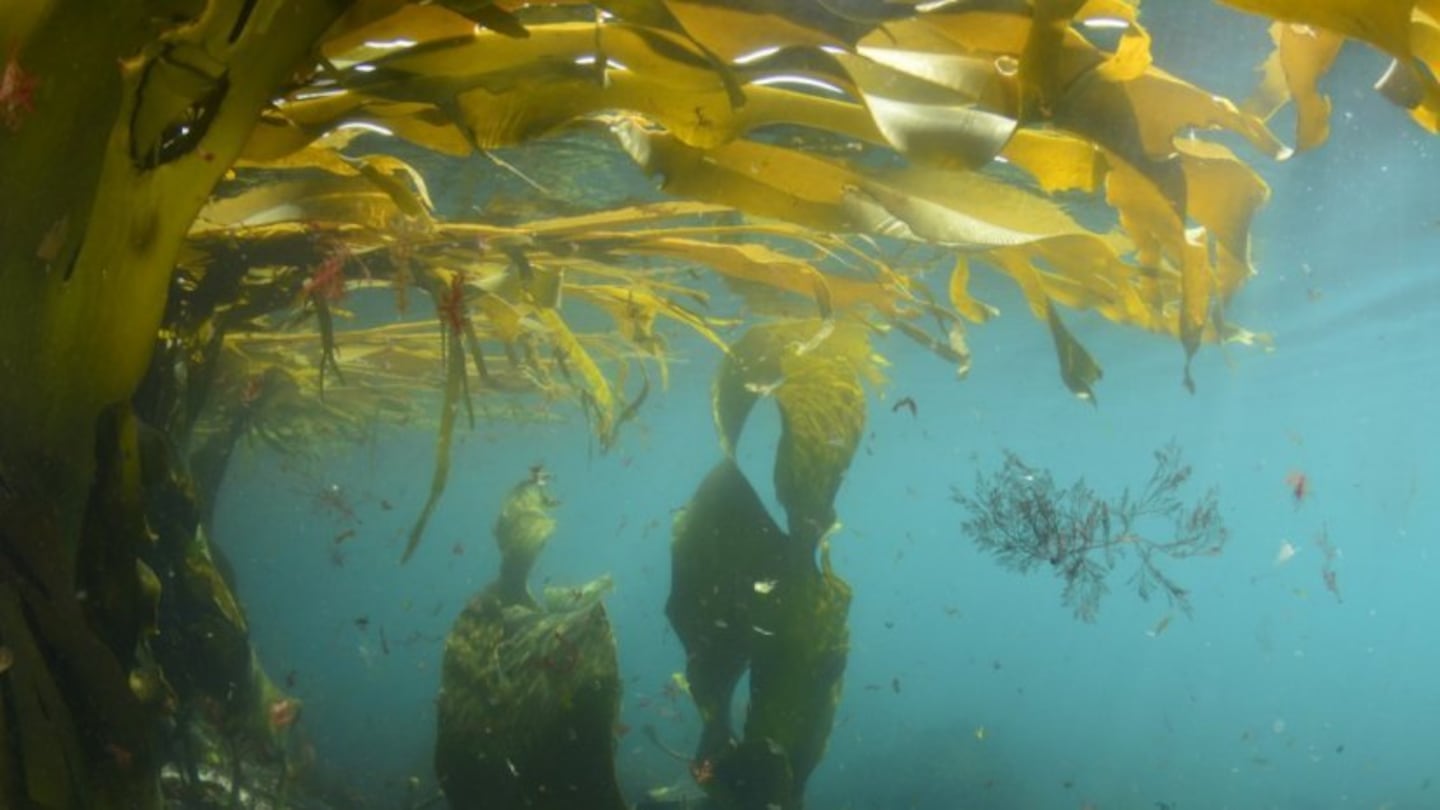Credit: Leigh Tait/ NIWA
Iwi and hapū could be supported to create sustainable rimurimu businesses founded on their vision and values, a new report into the seaweed sector of New Zealand's blue economy says.
Sustainable Seas Challenge, which produced the report which acknowledges the cultural importance and role of Māori in the emerging seaweed sector, said in a statement that the country could gain "huge benefits" from developing the seaweed sector which is still in its infancy in Aotearoa.
The group, which brings together mātauranga Māori experts, scientists, social scientists and economists from more than 30 organisations, said New Zealand currently only harvests wild seaweed. However, it suggests sustainable aquaculture farms could be developed for six seaweed species groups identified for commercial development - karengo, asparagopsis, agarophytes, lamanarians, fucoids and green algae.
The report highlights the cultural importance of seaweed species to Māori and supports the role of Māori kaitiaki rights in the emerging seaweed sector.
Wakatū Incorporation, which is involved in seaweed research, says it is important that Māori are recognised and respected as the sector is developed.
“Māori have a particularly unique whakapapa relationship with flora and fauna and we need to acknowledge and respect that in the process of developing this sector. For example, karengo is considered a taonga,” Andy Elliot, business development manager for Wakatū Incorporation, said in the statement.
The species characteristics and Te Tiriti o Waitangi considerations report is part of a broad sector review that will inform the co-development of a seaweed sector framework for Aotearoa.


